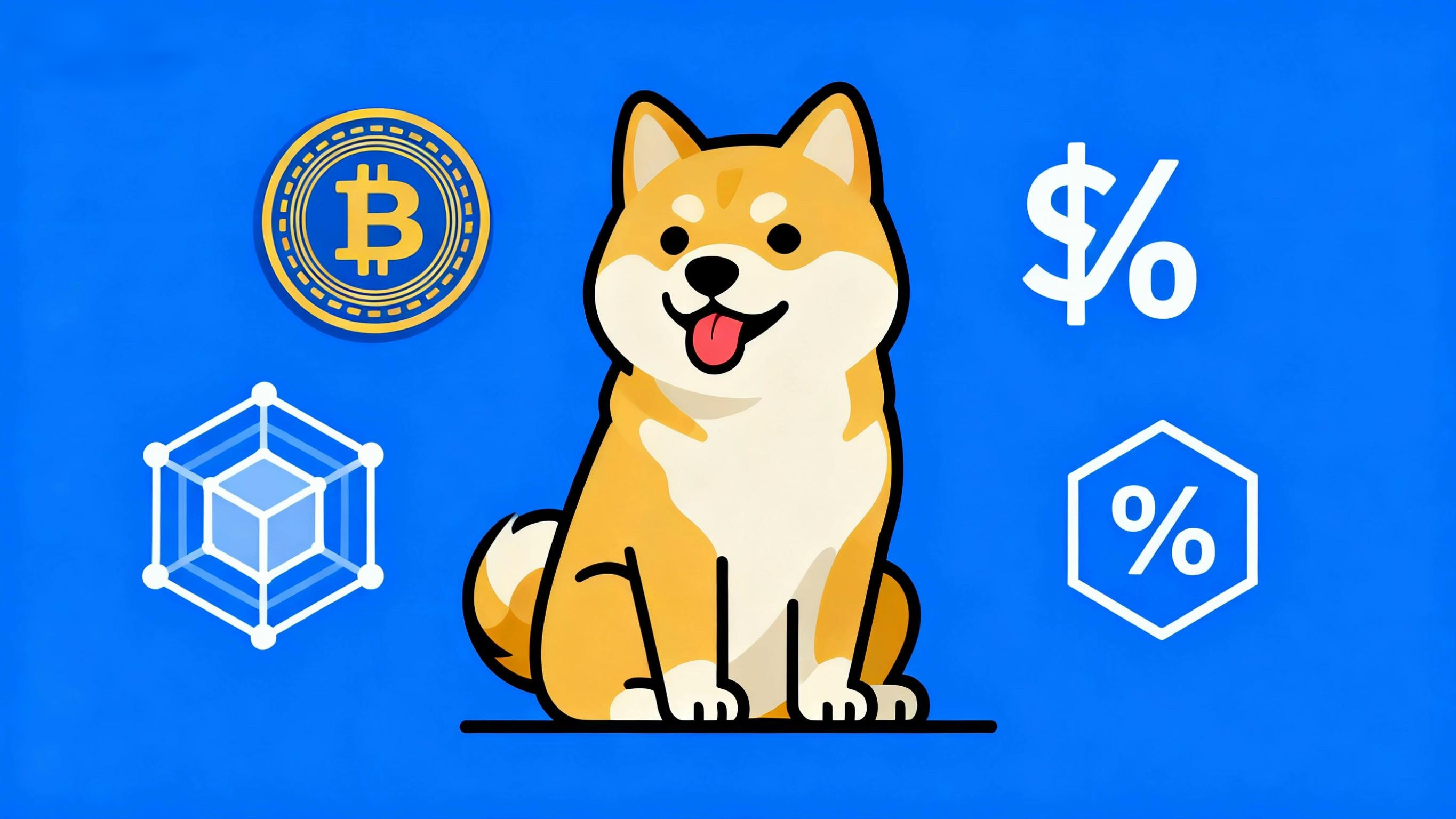
At the intersection of the absurdity of the crypto world and the order of the financial system, the emergence of a Dogecoin ETF is undoubtedly a landmark event. Eight years ago, it was merely a joke among engineers, but today, it has landed on the New York Stock Exchange in the form of an ETF, managing billions of dollars in assets. This fund, known as DOJE, not only turns the "Shiba Inu logo" into an official symbol on Wall Street but also reveals how meme culture is being co-opted by capital forces.
The launch of the Dogecoin ETF is, in essence, a sophisticated experiment in regulatory arbitrage. Instead of undergoing the lengthy compliance battles seen with Bitcoin ETFs, it bypasses the SEC’s strict restrictions by holding a portion of Dogecoin and its derivatives through a Cayman Islands subsidiary, combined with compliant assets such as U.S. Treasury bonds. The shift in regulatory attitude is equally intriguing: under the leadership of a new chairman nominated by the Trump administration, the SEC’s stance on crypto assets has changed from "resistance" to "absorption," opening the floodgates for crypto ETFs. The listing of DOJE also sets a precedent for more "no practical use" meme coin funds in the future.
However, beneath this financialized facade lie multiple contradictions. First, at the investment function level, ETFs are supposed to lower barriers and stabilize markets, but for Dogecoin, they may further amplify speculation. Second, from a cultural perspective, Dogecoin’s original value lies in the community’s playful mockery and "anti-elite" spirit, while the arrival of the ETF is forcing it to transform into a financial tool for institutions and retirement accounts, even sparking division and skepticism within the Reddit community. Finally, the regulatory logic of so-called "investor protection" may also obscure hidden costs such as cross-border transaction fees and derivatives rollover, distancing investors from the real on-chain value.
At a deeper level, there is a shift in the power dynamics. Wall Street institutions are in urgent need of new growth drivers, and after Bitcoin and Ethereum ETFs attracted hundreds of billions of dollars, they naturally would not overlook Dogecoin’s vast retail investor base. At the same time, the shift in regulatory policy is also intertwined with political considerations, as crypto assets gradually become tools for elections and bargaining chips in financial capital games. In this context, the Dogecoin ETF is both a result of market logic and a product of political economy.
Ultimately, the birth of the Dogecoin ETF may signify a turning point for meme culture. It brings the community’s狂欢 into the mainstream spotlight but also symbolizes the decline of the decentralized spirit. When internet culture is packaged into tradable financial products, what remains may merely be a commercialized "shadow." This is both a victory for capital and a farewell to culture.
















